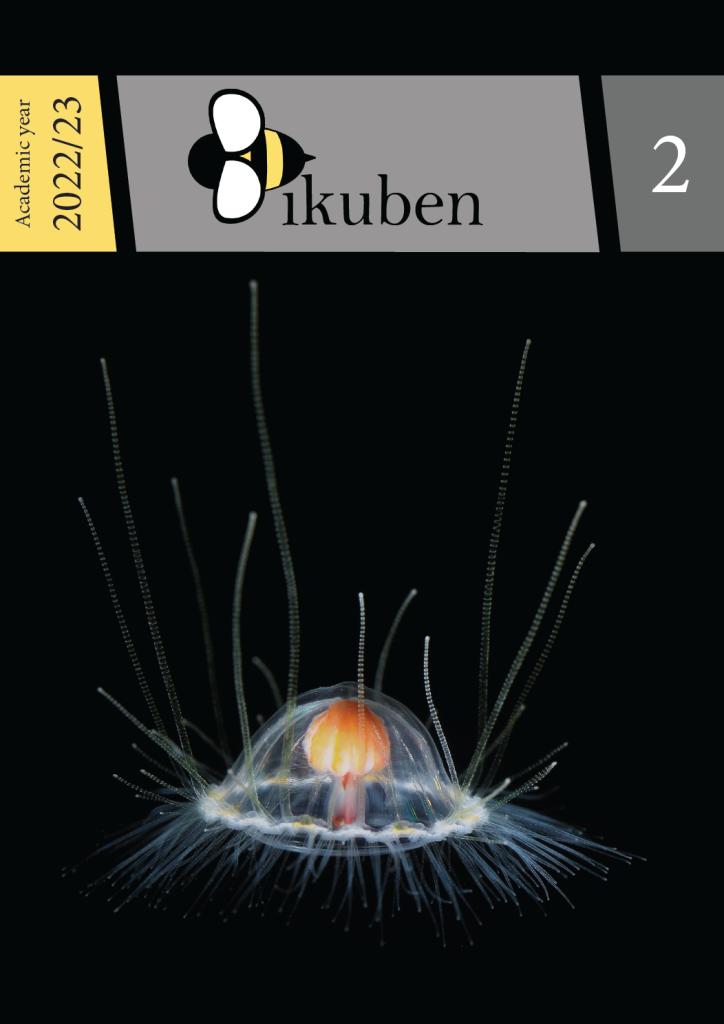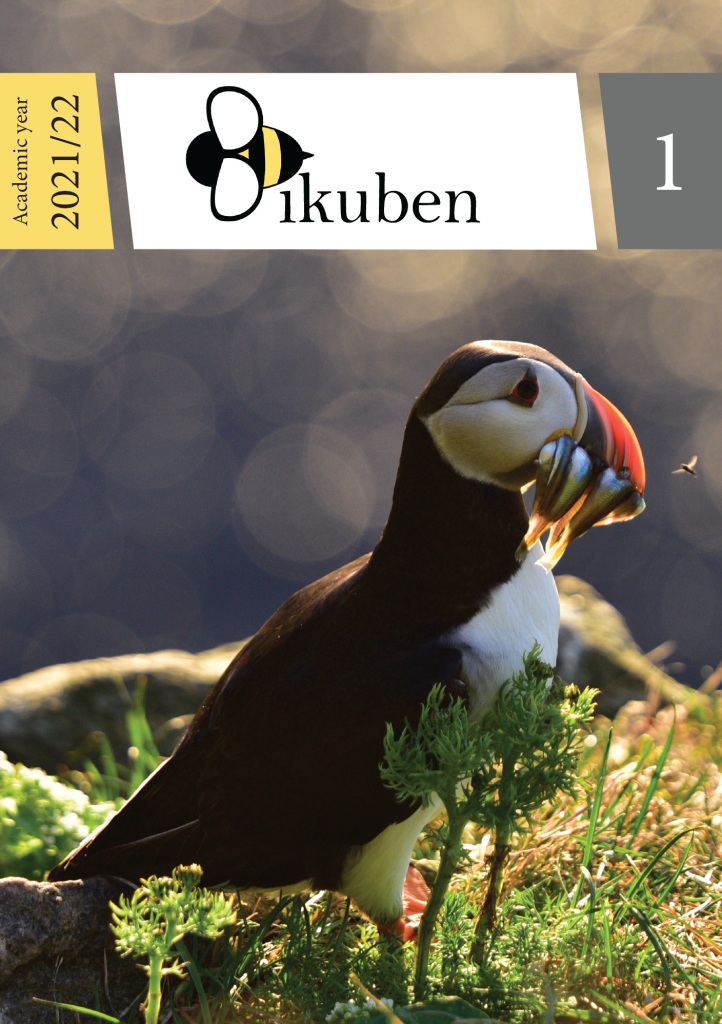Genres and criteria
Below are some suggestions and criteria for different genres which the journal publishes:
Review
If you have read several recent papers on a specific topic, this may allow you to summarize the state of the art within this field. In a scientific journal this is a daunting task, which may take years to finish for well-established researchers. Here we allow smaller summaries of a limited set of central, recent papers within a topic or question. This could be on basic science, such as “Why are there two sexes?”, applied science, such as “What is the future of land-based salmon farms?”, or on environmental issues, like “What happens to microplastics in the ocean?”. If you have recently searched the literature, read papers and written an assignment on a particular topic, it may be modified to fit as a review in this journal.
- Max 5000 words, typically ~3000 words
- 1-3 illustrations
- Minimum 10 references to scientific core literature
Summary of master thesis
Master theses are published in BORA. Here, we open for extended and graphical abstracts, highlighting the main findings for a broad audience. We encourage use of illustrations, videos, animations and figures to highlight a popular version of your most important find and conclusion – be creative!
- Max 5000 words, typically ~3000 words
- ~1-2 illustrations
IMRAD/reports/experiments/field observations
As a student you often perform laboratory and field experiments and write classical reports describing what you did and your findings. We publish well-structured and -written laboratory/field reports.
Popular science article
Do you wish to explain a biological phenomenon to a broader audience? In this genre we want you to summarize a subject in a way that makes it understandable to your grandmother, or someone else that does not study biology. Ideally, the topic should be current and interesting to the general public. You can for example write about how viruses reproduce in human bodies, how the different COVID-19 vaccines work, or summarize human evolution over time (from Australopithecus to Homo sapiens).
- Max 5000 words, preferably much shorter
Scientific essay
This is a text that students often encounter in their courses, where they ask a question, develop a thesis, and use the scientific literature to pick apart or defend the thesis, with a fair and balanced use of research papers.
- Max 5000 words, preferably much shorter
- 1-3 illustrations
Science-based video essay
We encourage students to make videos and animations to dive into scientific questions. Start by asking a good question on any topic relevant to the journal aims and use scientific literature and reasoning to pick it apart or defend it, preferably a bit of both.
Brief communication
This is a format where you may popularize and share a concrete, recent study or finding published by yourself or others. Include your own illustration – make it interesting!
- Max 1000 words
- 1 illustration
Policy brief
Many policies have biological implications and should be discussed by biologists. A policy brief summarizes and interpret policies to help readers understand and make decisions about government policies. Your contribution should use up to date, core-litterature. Examples for BIO–relevant policy briefs can be “How does regulations in antibiotics–use in fish farming affect marine ecosystems?”, “What effect will protecting 30% of the oceans have for marine ecosystems?”, “Why are dangerous apex-predators, such as wolves, protected by laws and regulations?”.
- Max 5000 words, preferably much shorter
- 1-3 illustrations
Opinion piece
Do you have an opinion about a biological issue or topic? This is your post. Your opinion should be grounded in scientific research and reasoning. The editors assess the relevance of the opinion to the journal aims and may send it for peer review to experts in the field.
- Max 1000 words
Comment
If you have a comment to any of the published items in our journal, we are pleased to consider it for publication. Normally, we will then let the authors of the commented text reply together with the comment.
- Max 1000 words
Other
Do you have an idea or a contribution that does not fall into any of the categories above? We are open for suggestions. Send us an email (bikuben@uib.no) where you explain your idea, and we will consider it for publication.





